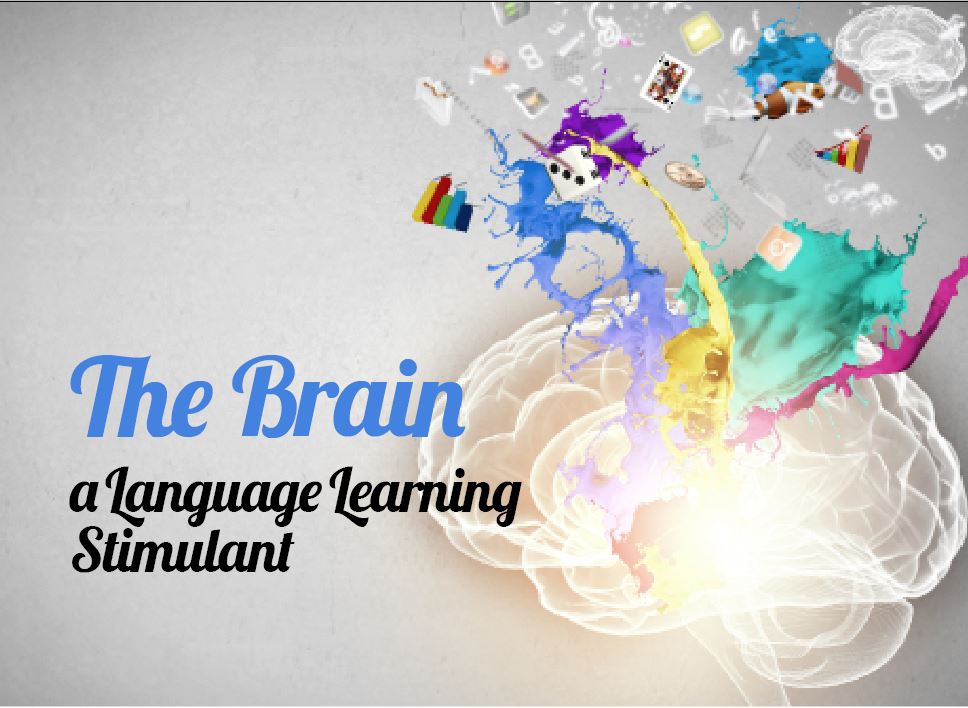Angela, a ten-year-old pristine girl with soft chestnut eyes, sat across my desk, ready for her first one-on-one lesson. She was eager to complete her English studies but worried it would take her four very long years. Her first year had been at a language school, where she spent the year completing only the workbook of an A Senior level course pack.
I asked if she thought learning English was important and whether she enjoyed reading for pleasure.
She replied,
“My parents think it’s important, but please don’t make me read other books. I have too much homework and no time for extra stuff.”
“So, how do you spend your free time?” I asked.
“Dance and guitar. Oh, and I love math.”
Ah, kinesthetic, I thought.
I asked her about her guitar picks, recalling that I had kept mine from my playing days. By mid-week, she brought in her collection. She had thin and thick nylon picks and even a vintage one from her grandfather. As she placed them in the palm of my hand, her eyes lit up.
We spent the next three years working hard on systems and skills. Angela felt more comfortable with the former than the latter, often producing fragmented sentences, falling into long pauses, and overusing fillers. The words she needed to express herself were always out of reach.
In time, she reached B2 level, but everything began to feel overwhelming. It was then she confided in me:
“Teacher, I love numbers more than words. Numbers are comprehensible. There’s no reading between the lines. Numbers don’t change depending on context. They’re dependable.”
That day, my only thought was how to change her perception of language.
Before Christmas break, Angela promised to revise everything we had covered. But I had a better plan.
“Angela,” I said, “This is your lucky day. Express Publishing is offering a 40% discount on all their readers, and we’re going to order a few together.”
She wasn’t thrilled, but my enthusiasm brought a smile to her face. We ordered about ten readers. When they arrived, we spent a lesson exploring each one, discussing the covers, illustrations, and the characters they might meet.
Her questions came quickly:
“Do I have to do the exercises at the back?”
“Not if you don’t want to—they’re not mandatory.”
“Will I have to write a summary after each story?”
“Not at all,” I assured her with a smile.
“Then how will you know I’ve read them?”
I told her that stories reveal secrets about life and that her eagerness to share them with me would be proof enough. I encouraged her to step into each story as if it were her home away from home—some characters would be her friends, others her enemies. I advised her to tiptoe around silently, to feel their desires, and even hear their heartbeats.
After the break, Angela returned to our lessons with excitement. She had finished all the books we ordered and had purchased ten more on her own. She shared stories of her adventures, the characters she loved and despised, and the reason she once wept in despair. She talked about the nights she couldn’t put the stories down, reading under the covers until she fell asleep, and how hard it was to leave one world to begin another.
According to Angela, she gained more than she had anticipated. She realized that reading a story was a lot like math: math becomes clear in steps, just as sentences do. However, while numbers describe quantity, words describe the quality of people and their experiences—but numbers never made her cry.
In the final months before her exams, her writing transformed. Fragmented sentences disappeared, awkward wording became rare, and contradictory clauses vanished. Speaking, however, remained a challenge. Angela’s pauses were stubborn, and she clung to accuracy at the expense of fluency.
After sleepless nights reflecting on this, it hit me—Angela was a dancer who loved to play the guitar! The difference between her writing and speaking lay in motion. When writing, she felt the flow as her pencil moved across the page. But when speaking, she sat completely still.
Everything changed after that realization. During speaking activities, Angela began fiddling with her guitar pick, warming up as if to play her music. The words that had once eluded her began to flow. Pauses vanished, fillers disappeared, and the language she had mastered on paper found its voice.
The day of her speaking exam finally arrived. As Angela stood beside me, she turned with eager eyes and said,
“Teacher—the long years weren’t so long after all.”




